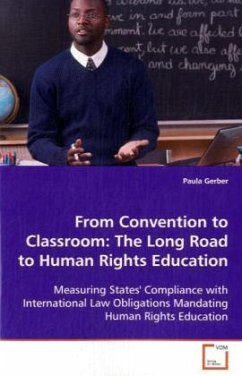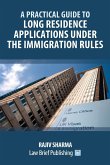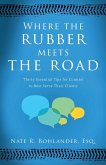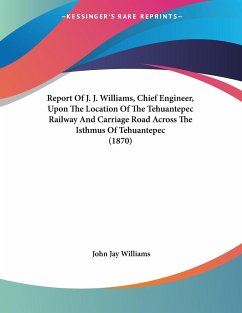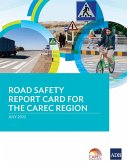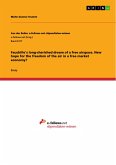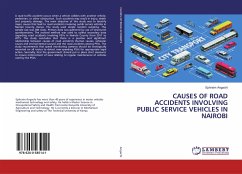Human Rights Education is one of the most effective
ways of preventing human rights violations. Yet human
rights education in schools is still not commonplace.
Paula Gerber analyses why this is so. Using a case
study approach, she evaluates the extent to which
schools in Melbourne, Australia and Boston, USA are
giving effect to the human rights education norm in
the Convention on the Rights of the Child. In the
process, the author exposes some of the legal and
educational obstacles to widespread school-based
human rights education. Interviews with teachers,
government employees and NGOs provide a rich source
of data, and reveal numerous, and diverse impediments
to human rights education. The author offers a new
perspective on States practices regarding human
rights education, and fresh ideas on how to increase
States compliance with relevant international laws.
Dr Gerber cleverly interweaves legal theories
regarding States compliance with international human
rights law, with empirical research on educational
practices, to produce an engaging scholarly book
relevant to all those interested in human rights
education, whether from a legal, educational, or
political standpoint.
ways of preventing human rights violations. Yet human
rights education in schools is still not commonplace.
Paula Gerber analyses why this is so. Using a case
study approach, she evaluates the extent to which
schools in Melbourne, Australia and Boston, USA are
giving effect to the human rights education norm in
the Convention on the Rights of the Child. In the
process, the author exposes some of the legal and
educational obstacles to widespread school-based
human rights education. Interviews with teachers,
government employees and NGOs provide a rich source
of data, and reveal numerous, and diverse impediments
to human rights education. The author offers a new
perspective on States practices regarding human
rights education, and fresh ideas on how to increase
States compliance with relevant international laws.
Dr Gerber cleverly interweaves legal theories
regarding States compliance with international human
rights law, with empirical research on educational
practices, to produce an engaging scholarly book
relevant to all those interested in human rights
education, whether from a legal, educational, or
political standpoint.

